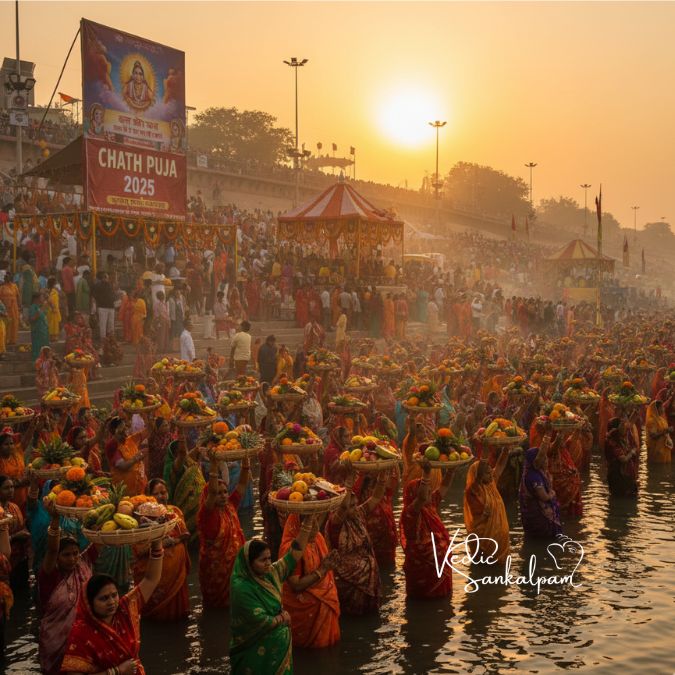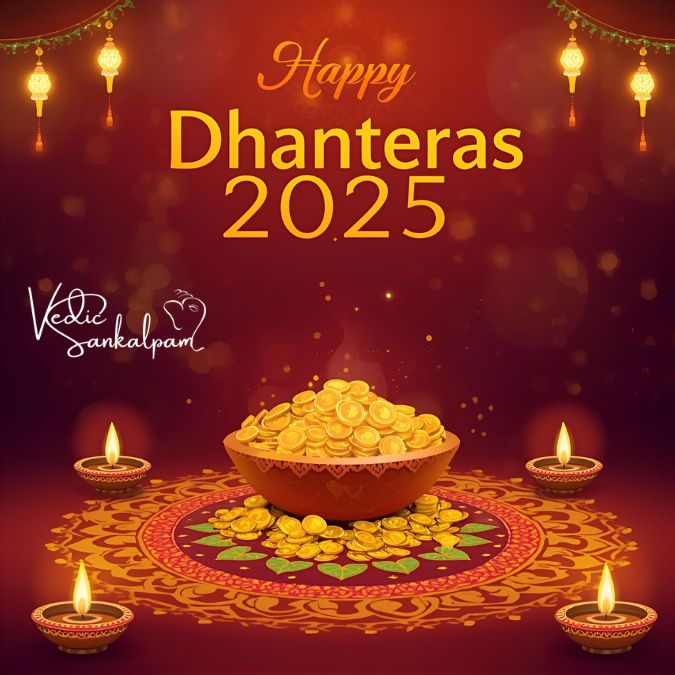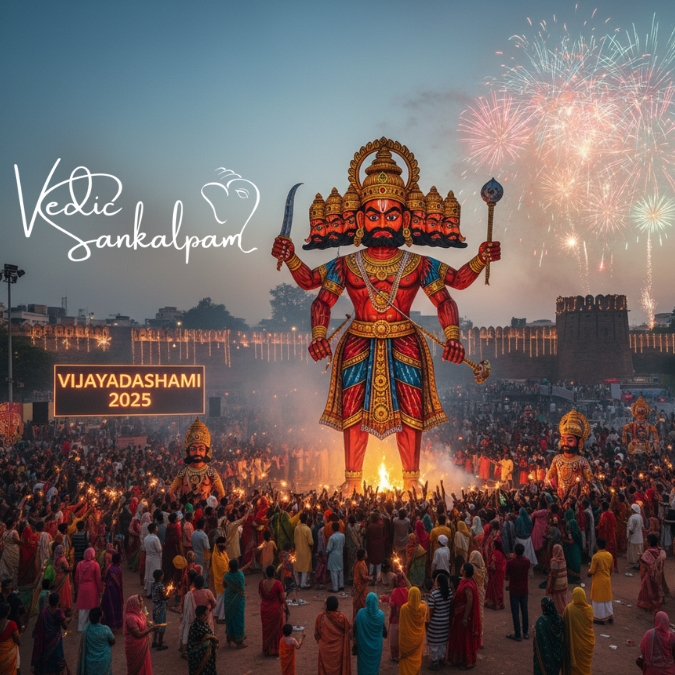Indian weddings, the Lagna Patrika holds a sacred place as it formalizes the announcement of a wedding. Also referred to as the marriage invitation letter or wedding muhurat document, this culturally rich paper not only invites the guests but also validates the chosen date and time of the union according to Hindu astrology. Here’s a detailed exploration of the Lagna Patrika format, its significance, structure, and tips to craft a flawless traditional yet modern invitation.
What is a Lagna Patrika?

The Lagna Patrika is a formal letter or document that announces the wedding date, time (muhurat), and venue based on astrological calculations. It is typically exchanged between the bride and groom’s families and used in various Indian communities, particularly in Maharashtrian, Gujarati, Telugu, and Tamil cultures. More than just a printed document, it symbolizes the formal agreement of marriage in a ritualistic and spiritual tone.
Importance of Lagna Patrika in Indian Weddings

-
Astrological Significance: It is prepared based on kundali matching and the astrologically determined “shubh lagna” (auspicious time).
-
Traditional Ritual: The Lagna Patrika is often used during pre-wedding rituals like Sankalp, Muhurtam, or Patrika Dharan, where it is presented to deities or elders.
-
Legal and Social Agreement: It can serve as a written acknowledgment of marriage by both families, ensuring that all key details are agreed upon in advance.
Elements of an Ideal Lagna Patrika Format
To draft a flawless Lagna Patrika, it must follow a traditional structure combined with appropriate ceremonial language. Below is a detailed format that covers all essential elements:
1. Header with Invocatory Lines
Begin the Patrika with traditional Hindu Sanskrit shlokas such as:
“Shree Ganeshaya Namah”
“Shubham Karoti Kalyanam”
This invokes blessings from deities like Lord Ganesha and marks the start of an auspicious endeavor.
2. Name of the Community or Samaj
Mention the name of the community, kul, or samaj, especially in cases of community-based weddings:
“Maratha Samaj of Nashik cordially invites you…”
3. Bride and Groom Details
Clearly state the full names of the bride and groom, along with their lineage:
Bride: Kumari [Full Name], daughter of Shri [Father’s Name] and Shrimati [Mother’s Name]
Groom: Shri [Full Name], son of Shri [Father’s Name] and Shrimati [Mother’s Name]
4. Wedding Date and Muhurat
This is the core element. Include the tithi, nakshatra, day, date, and exact muhurat time:
Marriage Ceremony: On the Shukla Paksha Trayodashi, Saturday, 10th August 2025, at 11:45 AM, as per the guidance of our respected astrologer.
5. Venue Details
Provide full address of the wedding location:
At Shree Kalyan Mandapam, Near Laxmi Temple, Pune, Maharashtra – 411001
6. Invitation Paragraph
A heartfelt invitation from the family, such as:
“With the blessings of Almighty and our elders, we cordially invite you and your family to grace the occasion and bless the couple as they start a new journey together.”
7. RSVP and Contact Information
Give a formal RSVP with names and numbers for logistics:
RSVP:
Shri [Name] – [Phone Number]
Smt. [Name] – [Email ID]
8. Footer with Mantras or Blessings
End the Patrika with another auspicious mantra or quote, for example:
“Mangalyam tantunanena mama jeevana hetuna”
(May this sacred thread bind us together for life.)
Sample Lagna Patrika Format (English Version)
Shree Ganeshaya Namah
With the blessings of elders and deities
We, the Patil family of Pune, cordially invite you to the auspicious wedding ceremony of our beloved daughter:
Kumari Anjali Patil
(Daughter of Shri Shrikant Patil and Smt. Meera Patil)
With
Shri Rohan Deshmukh
(Son of Shri Nilesh Deshmukh and Smt. Sujata Deshmukh)
On
Saturday, 10th August 2025
At 11:45 AM (Shubh Muhurat – Shukla Paksha Trayodashi)
Venue
Shree Kalyan Mandapam
Near Laxmi Temple, Pune – 411001
We look forward to your presence and blessings
– Patil & Deshmukh Families
Tips to Personalize a Modern Lagna Patrika
While maintaining tradition, you can modernize the Lagna Patrika format through:
-
Multilingual Versions: Offer both Sanskrit/Hindi and English versions for wider reach.
-
Digital Invitations: Share your Lagna Patrika as a PDF, WhatsApp invite, or animated e-card.
-
QR Codes for RSVP: Integrate technology with QR codes for easier responses.
-
Customized Fonts and Motifs: Use ethnic patterns like peacocks, kalash, and mandalas for elegance.
Regional Variations of Lagna Patrika
Maharashtrian Lagna Patrika
-
Begins with “Shree Ganeshaya Namah”
-
Includes “Kanyadaan Muhurat” time
-
Usually written in Marathi or Sanskrit
Gujarati Lagna Patrika
-
Starts with “Jai Shree Krishna”
-
Includes elaborate mention of lagna vidhi and grah shanti pooja
South Indian Lagna Patrika
-
Formal and scriptural
-
Mentions Nakshatra, Rasi, and Gotra
North Indian Lagna Patrika
-
Uses Hindu calendar tithi
-
Detailed inclusion of both pre-wedding and wedding functions
Why the Lagna Patrika Shouldn’t Be Skipped
In today’s fast-paced world, many couples skip the traditional format in favor of just social media announcements. However, the Lagna Patrika remains vital because:
-
It honors ancestral and cultural values
-
Strengthens family bonds and transparency
-
Is often required in ritualistic ceremonies before marriage
-
Creates a personalized and sacred beginning to the marital journey
Conclusion
A well-drafted Lagna Patrika is not just a formal wedding announcement, but a cherished token that preserves tradition, conveys reverence, and celebrates union. By using a structured, respectful, and beautifully worded format, you create more than an invitation—you set the spiritual tone for a lifetime of togetherness.







